In a fiery rebuttal to Union Home Minister Amit Shah, Aam Aadmi Party (AAP) chief and former Delhi Chief Minister Arvind Kejriwal has defended his decision to run the Delhi government from jail for 160 days, claiming it was a response to a politically motivated arrest. His remarks come amid heated debate over the Constitution (130th Amendment) Bill, 2025, which proposes automatic removal of Prime Ministers, Chief Ministers, and Ministers who remain in custody for over 30 days on charges carrying a punishment of five years or more.
Kejriwal, who was arrested in March 2024 in connection with the Delhi liquor policy case, became the first sitting Chief Minister to govern from jail. He stepped down only after securing bail in September 2024, months before the February 2025 Assembly elections that saw the BJP take control of Delhi.
🧭 Timeline of Events: Arrest, Governance, and Political Fallout
| Date | Event Description | Political Impact |
|---|---|---|
| March 2024 | Kejriwal arrested in liquor policy case | First CM to govern from jail |
| April–August 2024 | AAP coins “Sarkar Jail Se Chalegi” slogan | Sparks national debate |
| September 2024 | Kejriwal secures bail and resigns | Atishi appointed interim CM |
| February 2025 | BJP wins Delhi Assembly elections | AAP loses control of Delhi |
| August 2025 | Shah tables Constitution (130th Amendment) Bill | Opposition accuses Centre of targeting rivals |
The bill has been referred to a Joint Parliamentary Committee (JPC) for scrutiny, with 31 members from both Houses tasked with reviewing its provisions.
📊 Key Provisions of the Constitution (130th Amendment) Bill
| Clause | Description | Implication for Elected Officials |
|---|---|---|
| Automatic Removal | Ministers to be removed if jailed for 30+ days | Applies before conviction |
| Applicable Charges | Offenses punishable by 5+ years | Includes corruption, money laundering |
| Scope | PM, CM, Ministers at Centre and State | Uniform application across parties |
| Safeguards | Judicial oversight, JPC review | Prevents arbitrary enforcement |
Amit Shah has defended the bill as a measure to uphold “constitutional morality” and public trust, asserting that it applies equally to all leaders, including those in the ruling party.
🔍 Kejriwal’s Counterattack: “False Case, Political Conspiracy”
Kejriwal, in multiple posts on X and during a speech in the Lok Sabha, accused the Centre of framing him in a false case to destabilize the AAP government. He stated:
“When the Centre sent me to jail by trapping me in a false case as part of a political conspiracy, I ran the government from jail for 160 days. In the last seven months, the BJP government in Delhi has made such a mess that people are now remembering that ‘jail government’.”
He further questioned the moral authority of leaders who induct criminals into their parties and quash cases against them:
“A person who includes criminals of serious crimes in his party and gets all their cases quashed and makes them minister, deputy chief minister or chief minister—should such a minister or prime minister also resign from his post? How many years of jail should such a person get?”
| Kejriwal’s Claim | Contextual Rebuttal to Shah |
|---|---|
| Ran govt from jail for 160 days | Due to alleged political vendetta |
| BJP misgovernance in Delhi | Cites power cuts, water shortages, school issues |
| Induction of tainted leaders | Questions BJP’s moral high ground |
| False cases against opposition | Calls for accountability of accusers |
Kejriwal also criticized the Rekha Gupta-led BJP government in Delhi, claiming that basic services like electricity, water, and healthcare were better managed during his jail tenure.
🧠 Amit Shah’s Justification: “No CM Should Govern from Jail”
Union Home Minister Amit Shah, in interviews and parliamentary statements, argued that the Constitution never envisioned a scenario where a Chief Minister would run a government from jail. He said:
“When the Constitution was made, the makers would not have imagined such shamelessness—that any CM would go to jail and remain the CM from jail. If this law had been in place, he would have had to resign.”
Shah emphasized that the bill is not targeted at any individual or party and cited historical examples of ministers resigning on moral grounds after facing arrest.
| Shah’s Argument | Legislative Rationale |
|---|---|
| Governance from jail is immoral | Undermines democratic norms |
| Law applies to all parties | Not limited to opposition leaders |
| Public trust must be upheld | Aligns elected officials with civil servants |
| JPC review ensures fairness | Prevents misuse of provisions |
He also pointed to Tamil Nadu Minister V. Senthil Balaji’s arrest and reinstatement as another example of why the law is necessary.
📉 Opposition’s Allegations: “Tool to Topple Non-BJP Governments”
Opposition parties have accused the Centre of using investigative agencies and legal tools to destabilize non-BJP governments. AAP Delhi president Saurabh Bharadwaj said:
“Kejriwal ji knew all along that this was the Centre’s plan—to arrest Opposition CMs and ministers to disable governments. Now, they will bring laws to execute this conspiracy.”
| Opposition Concern | Alleged Motive |
|---|---|
| False cases against rivals | Political vendetta |
| Arrests used to topple governments | Undermines federalism |
| Bill lacks safeguards | Risk of misuse by ruling party |
| Targeted enforcement | Selective application of law |
The opposition has demanded that the bill include provisions to protect leaders falsely implicated and acquitted later.
📌 Conclusion
Arvind Kejriwal’s defense of his 160-day governance from jail and his sharp critique of Amit Shah’s proposed bill have reignited a national debate on morality, legality, and political ethics. While the Centre insists the Constitution (130th Amendment) Bill is a step toward accountability, the opposition views it as a strategic move to weaken elected governments through legal overreach.
As the Joint Parliamentary Committee begins its review, the outcome will shape not just the future of political conduct but also the balance of power between the Centre and the states.
—
Disclaimer: This article is based on publicly available news reports and official statements as of August 26, 2025. It is intended for informational purposes only and does not constitute legal, political, or medical advice.





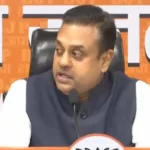

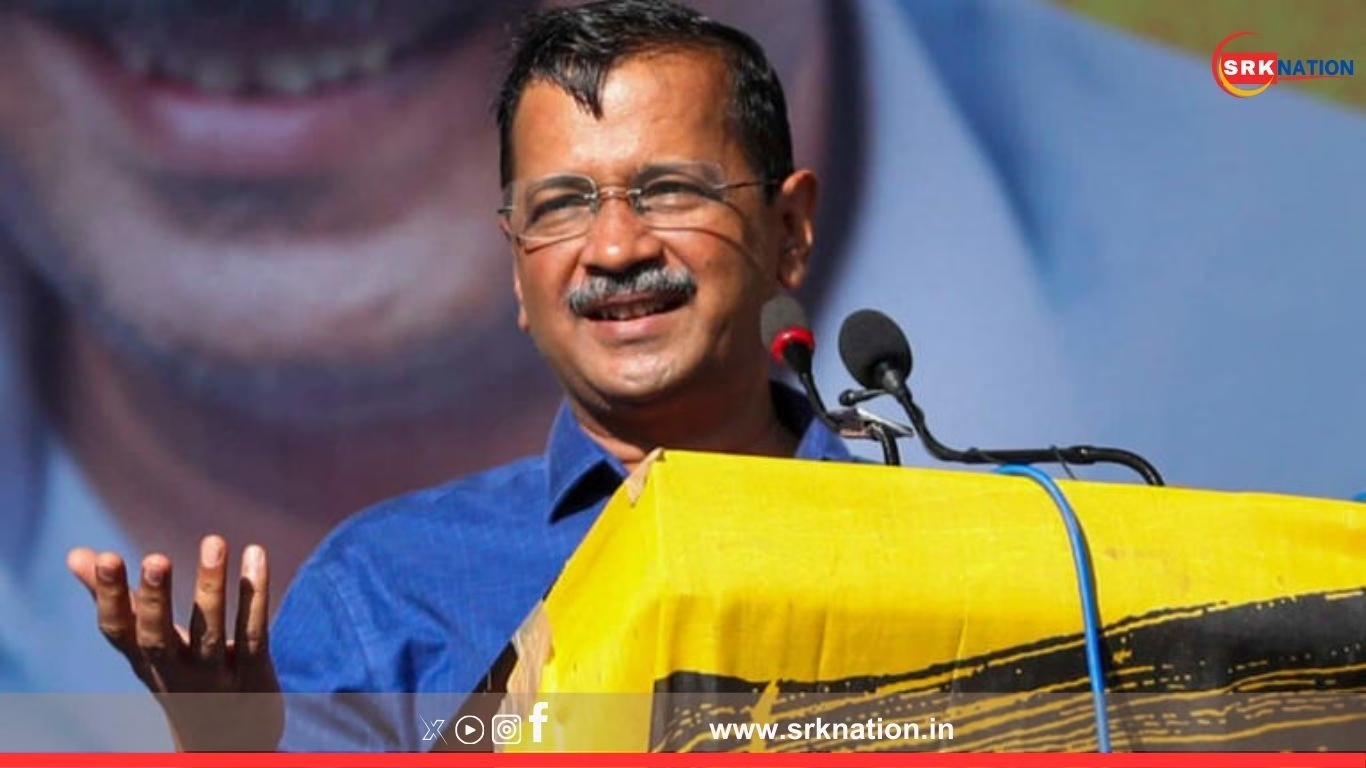
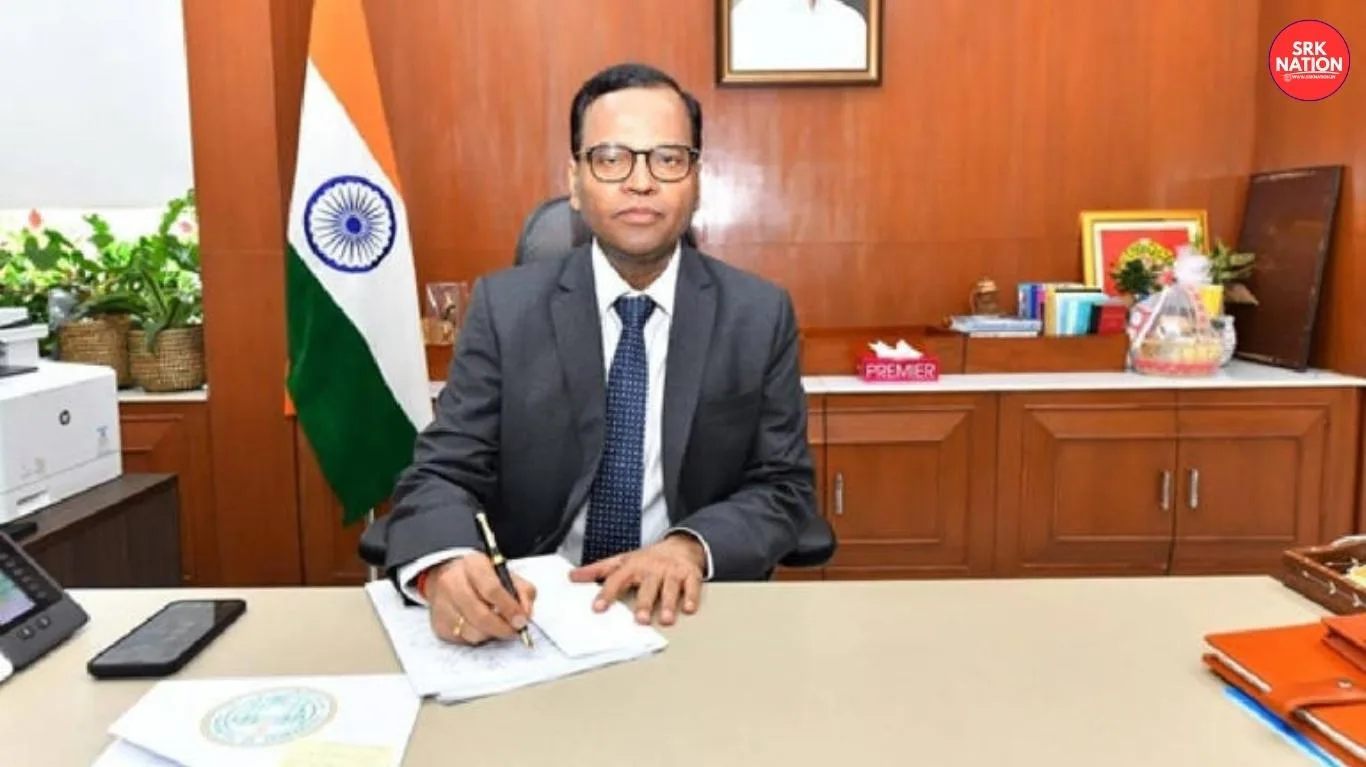

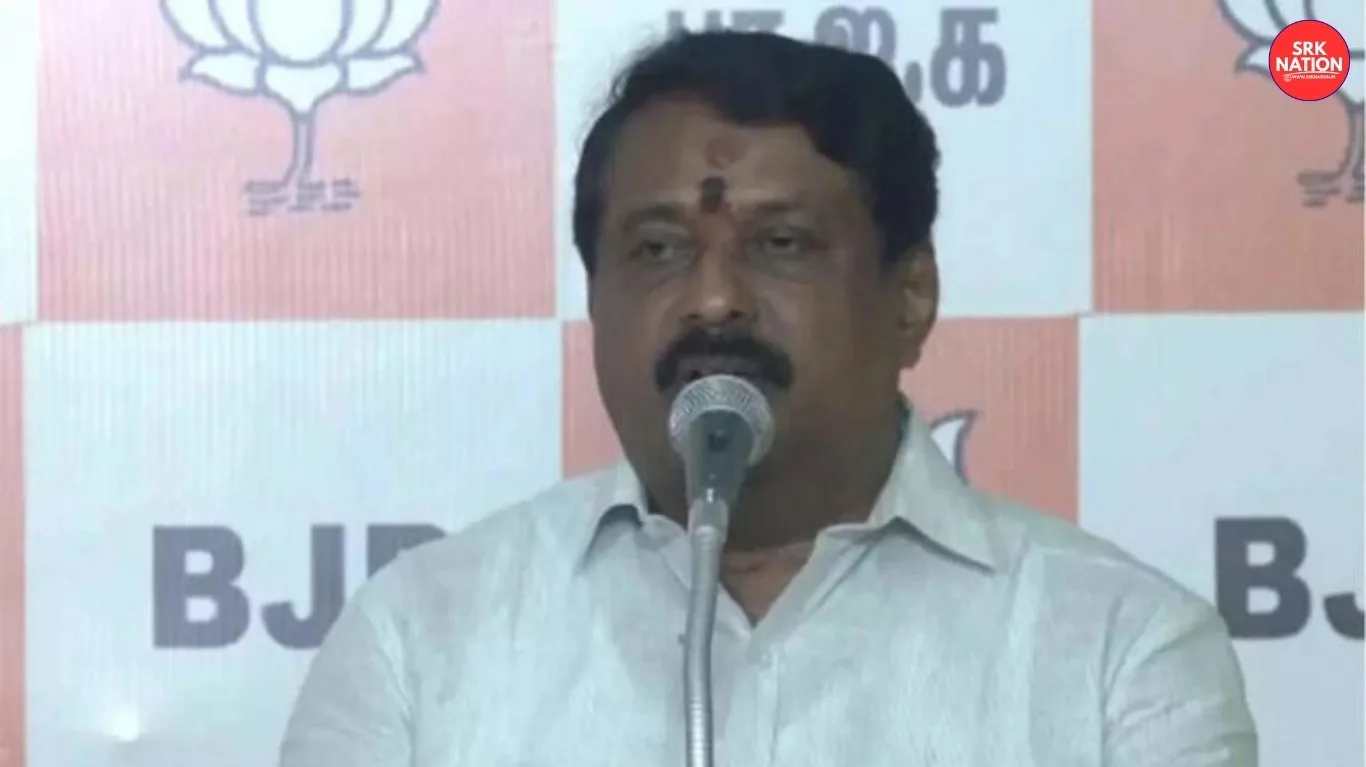
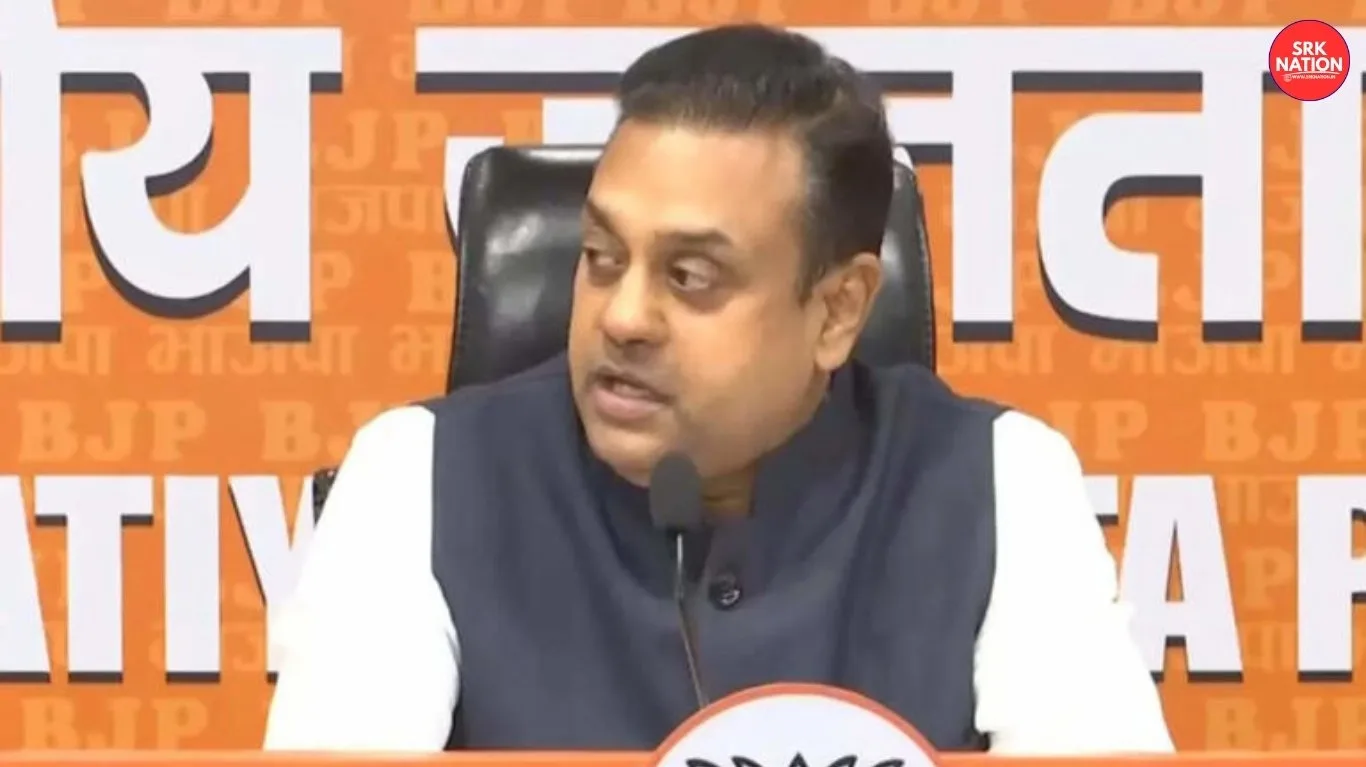
I don’t think the title of your article matches the content lol. Just kidding, mainly because I had some doubts after reading the article.